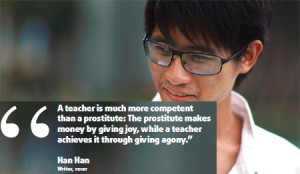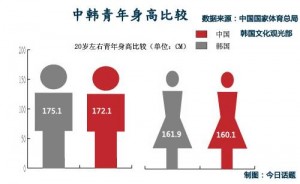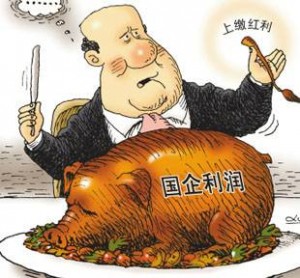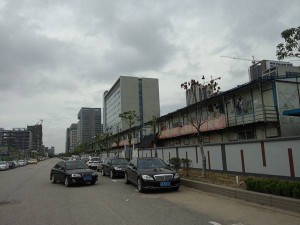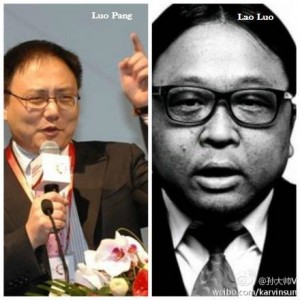Recently, a new Chinese media platform – The Paper (澎湃新闻 thepaper.cn) with more than 300 million yuan initial investment was launched, provoking much discussion in China.
The Paper’s prospectus My Heart Goes on As It Did, also a nostalgic essay embodying thick idealism, has been a hot topic, while more discussions are about its future, and most critics seem to be pessimistic.
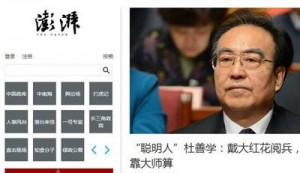
Front Page of The Paper
Chinese traditional media has been going through tough times in recent years. In face of Internet media, they are kind of giving up without a real fight.
Internet media sites in China are restricted in composing news by the government, but they succeeded in attracting visitors by various measures, typically writing inflammatory headlines for republished news, making good use of search engine optimization (SEO) and social media, and releasing erotic information everywhere, which is a big distraction from real news.
Some personnel from the Internet media sites thus despise originality and quality of content, especially as more distribution channels emerge when the mobile internet rises.
Therefore, it’s no wonder that many people criticized The Paper of being outdated, having awkward product design and focusing on deep content.
Nevertheless, The Paper is apparently determined to create quality original content and take Internet as a major release channel, if not the only one.
This strategy is a bit idealistic, but not necessarily impractical, especially as it has huge investments.
The past week of its debut suggests that The Paper is doing a good job. Its professional journalists and editors are creating rich and deep news and editorials, involving all aspects of Chinese society and they are using online tactics such as abundantly embedding their media name and website address into articles and highlighting valuable comments from readers.
Unlike many other Internet media sites inured to superficial, gossipy and even amorous content, The Paper mainly focuses on current politics and social events, being active and more or less critical on hot topics like CCTV’s not clarifying safety of GM food in its program.
Besides, though The Paper is backed by the government, its content is not more conservative than its domestic fellow sites so far. Anyhow, all domestic media sites are controlled by the government, and the government should understand that mediocre or didactic content would not move people nowadays, not to mention to bring success to such a public-oriented media project.
Since Chinese people are becoming more and more thoughtful and knowledgeable, The Paper should be attractive as long as it keeps high quality and makes good use of the Internet.
And as a blogger and editor, I would be glad to see success of The Paper.

